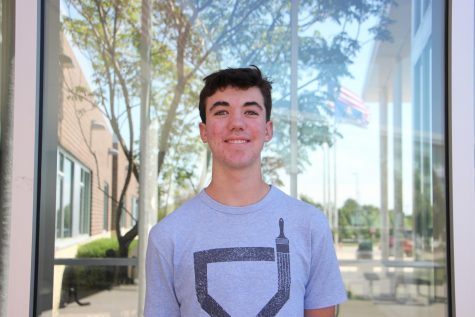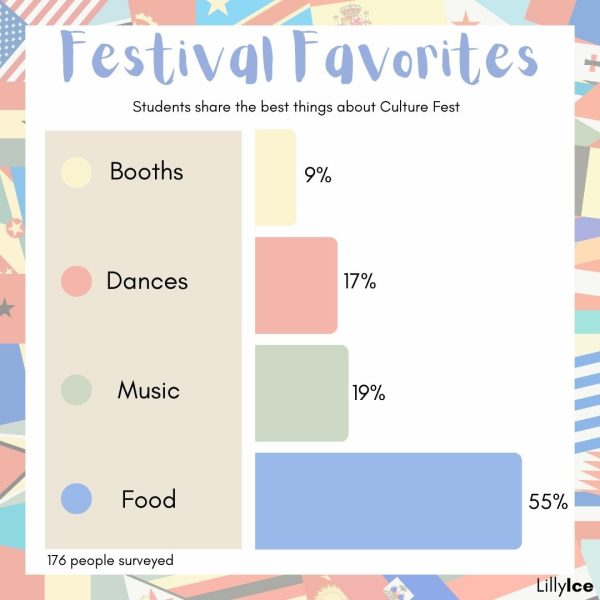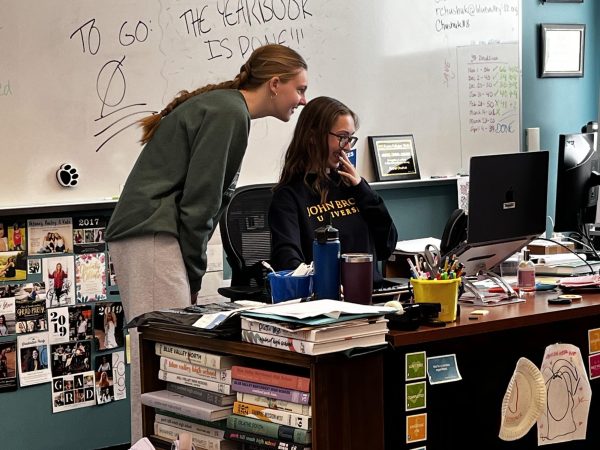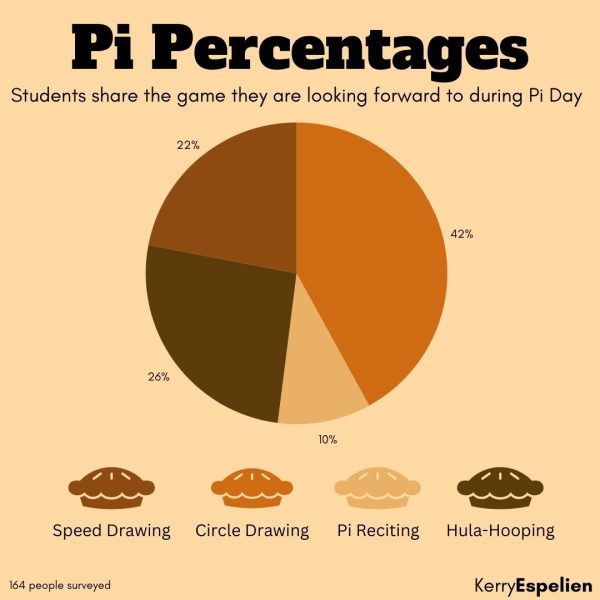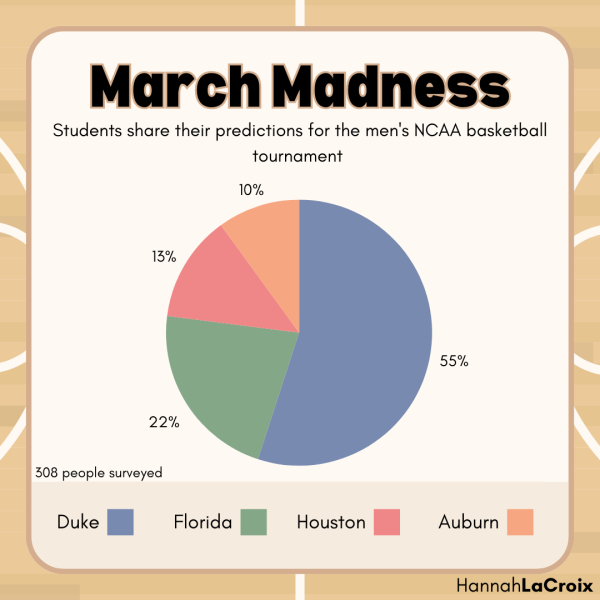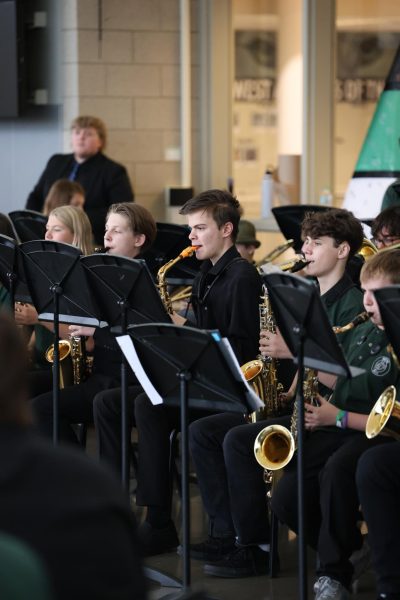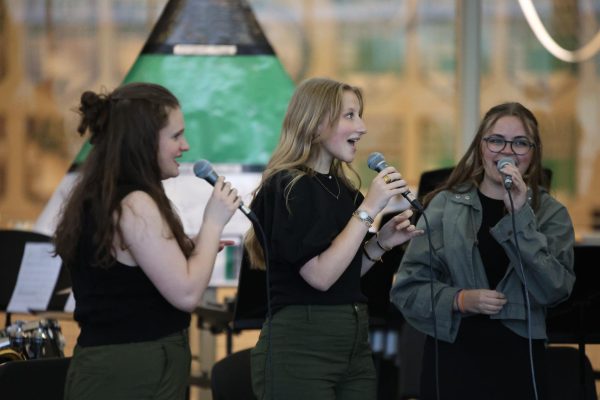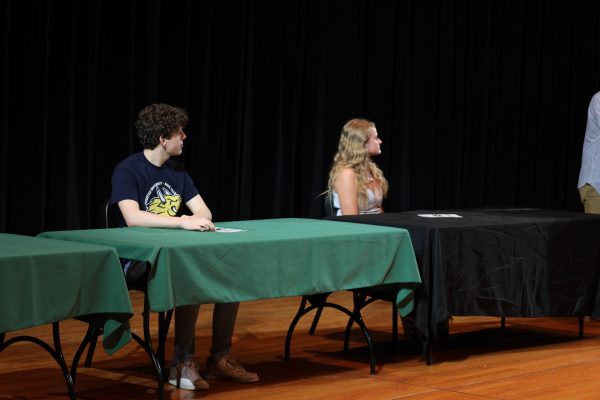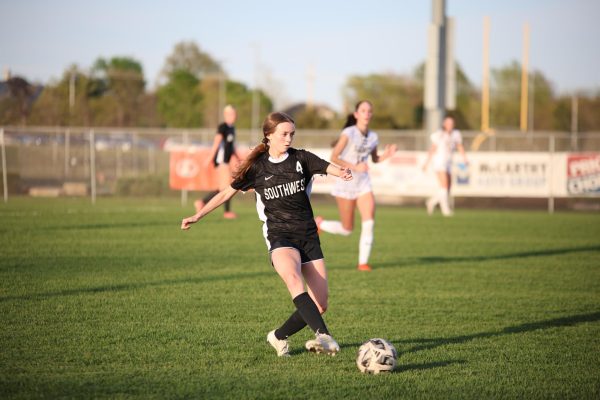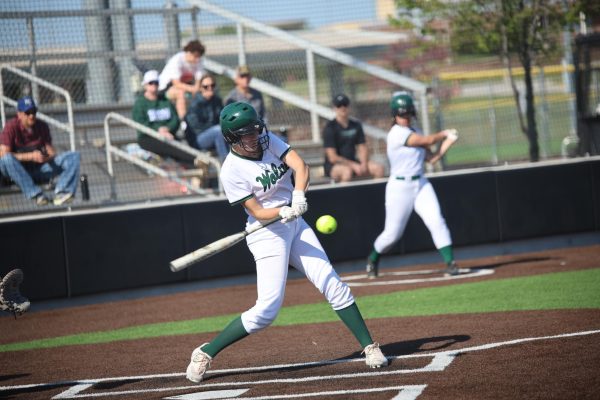Coming to America: four foreign exchange students explain expectations compared to reality of life in the U.S.
This year, the school welcomed four foreign exchange students from different parts of the world to study while experiencing American culture.
All four exchange students, including Italian senior Alessia Luca, began the process out of mere curiosity and continued the pursuit until they landed in the United States.
“I was at school and I was so bored and I would go online and stuff [when I] saw one of my friends was in America,” Luca said. “He texted me how to do it and I came back home and asked my parents and they said, ‘yes.’”
However, the experience was very different for Pakistani senior Yawar Khan. He is here through the Kennedy-Lugar Youth Exchange and Study, which provided him with a very competitive scholarship that was difficult to obtain.
“I think 8,000 [or] 9,000 people apply and they only select 77 people,” Khan said. “So I gave the test [a shot] then I got no calls for a month … then it was like my 45th day, I got a call for an interview, and I was losing my mind.”
When he came to the U.S, Spanish junior Jon Goenaga had many expectations but has since learned that most of the stereotypes were false.
“There are stereotypes like people are fat,” Goenaga said. “There are always school shootings.”
Luca said she was shocked when she experienced her first lockdown drill — something that’s unheard of in Italy — but has never felt an imminent threat.
All four foreign-exchange students expected Americans to be fat and wealthy, but they said in reality Americans are just as fit, if not more fit, than the people of their home country.
“I think I was 14 years of age or something at the time when I saw an American,” Khan said. “He was fat, he was rich and he was in a five-star hotel, so my image was pretty much confirmed 100% at that point … And then I came here [and] none of that is true.”
Even though not every American is a millionaire, the sheer size of the U.S. allows for larger living spaces than in the bustling cities of Europe and Pakistan.
“These are giant houses, like a hotel for us,” Luca said. “My [Italian] friends call my [host family’s] house a castle.”
Luca said in Italy, Americans are perceived as mean and closed-minded, but she has observed that Americans really are not like that at all.
“You’re very nice people, more than I thought,” Luca said. “When we think about America, we think of the people who have the money and they are very cold.”
Food has also been a mind-opening experience for the exchange students. German senior Ben Wilbur said his favorite part about the U.S. is fast food. He said they have a few fast food options in Germany, but not even close to the amount present in the U.S. Meanwhile, Goenaga said the portion sizes are extremely large here.
“They are huge,” Goenaga said. “In Spain, you have to ask for four plates to be good and here it’s like one and you can’t even finish it. And also drinks — in Spain you buy each drink. You don’t have refills, [but] here you drink it and they bring you another one and it’s so weird.”
The polarization of Western and Middle-Eastern culture became clear to Khan when he said one of the reasons for his travels was to try the food.
“We don’t have tacos [in Pakistan], we don’t have burritos here,” Khan said. “So Mexican food, Chinese food — I’m loving tacos right now; they’re pretty much the best thing by far that I’ve [eaten].”
Even school has been an extreme adjustment for the students. Luca said in Italy a student must choose a career-based school to attend by their third year of middle school.
“When we pick high school in Italy you have to pick [a field of study] — we have science high school, so if you go to the science high school, you do just math, physics, biology and that’s what I do in Italy,” Luca said. “I do just five hours every single day and I go to school Monday to Saturday.”
Wilbur said he has had to adjust to an entirely new school schedule because school is not an all-day event in Germany.
“The school is so long, from 7:50 to 3,” Wilbur said. “[In Germany it’s] 8 to 12:25, but I have one more year of high school than you guys do, so that’s probably why.”
Even though it’s long, Wilbur and the other three exchange students agreed that American school is much easier than what they are used to.
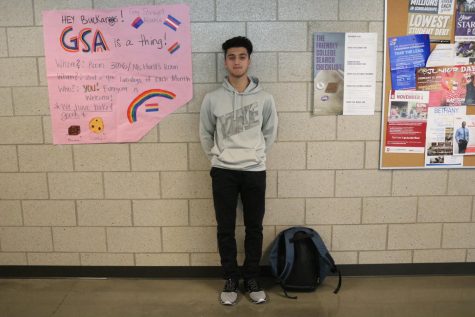
Senior exchange student Yawar Khan poses for a photo in a hallway.
“It’s easier to get good grades,” Goenaga said. “In Spain everyone fails; math class for example, last semester we had like 30 people in class and 25 failed.”
Khan said being able to live and go to school in a country that is often made out to be enemies with his native country has opened his eyes to the similarities between all people.
“Some people in Pakistan think that the U.S. is hatching plans every night and day to attack the Middle East, and so, coming here I’m like, ‘they are just living their own life and we are living our own life,’” Khan said.
Also, Khan said dealing with peoples’ insensitivities has been one of the biggest challenges he’s faced, especially since he is not from a European country.
“I don’t blame you guys for calling us terrorists and stuff because that’s what’s shown to you in the media, and I don’t blame Pakistanis for having a bad image of the USA because when you open a Pakistani news channel they are cussing out Trump and they…[are] talking against him,” Khan said.
All four foreign-exchange students said they have loved their experience in America and would love to come back if possible.
“I have international friends now. Like, I’ll stay in Pakistan, but the USA will be my second home,” Khan said. “I look forward to coming back here, so I think it has affected my life in a good way and I think it’s really awesome.”
| keithansharp


